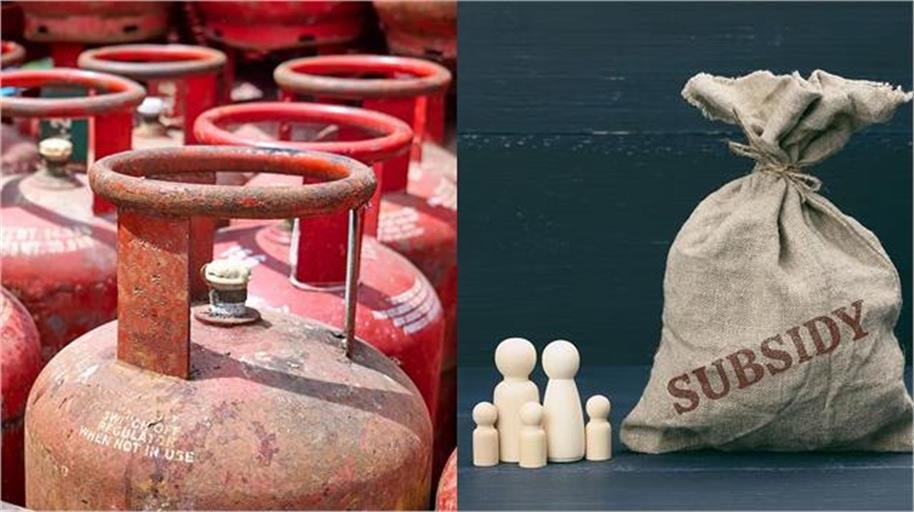New Delhi, August 2025 — The Central Government’s Direct Benefit Transfer for LPG (DBTL) scheme has significantly enhanced transparency and efficiency in delivering cooking gas subsidies directly to consumers’ bank accounts. According to official data, nearly 4.08 crore fake, duplicate, non-existent, or inactive LPG connections have been blocked, suspended, or deactivated under the initiative — ensuring that subsidies reach only genuine beneficiaries.
🔍 Transparency Through Digital Innovation
Union Petroleum Minister Hardeep Singh Puri, speaking in Parliament on Tuesday, emphasized that continuous reforms are being implemented to make the subsidy process more effective and equitable. He highlighted the adoption of technologies such as:
- PAHAL (DBTL) scheme
- Aadhaar-based verification
- Biometric authentication
These measures have helped identify and eliminate ineligible or duplicate connections, allowing subsidies to reach the rightful and needy consumers.
📱 Improved Refill Booking and Digital Tracking
To further streamline LPG services, Puri announced that all LPG distributors across India now use IVRS/SMS-based refill booking systems. Consumers receive SMS alerts for:
- Cylinder booking
- Cash memo generation
- Delivery status
This allows users to track their transactions and report discrepancies, enhancing accountability and user experience.
🔐 Delivery Authentication Code (DAC) to Prevent Fraud
In a major step to curb delivery fraud, the government has introduced the Delivery Authentication Code (DAC). This code is sent via SMS to the consumer at the time of refill delivery and must be shared with the delivery agent. This system has drastically reduced fraudulent deliveries and improved trust in the distribution process.
⚖️ Strict Regulations and Disciplinary Action
To regulate LPG distribution, the government enforces the Liquefied Petroleum Gas (Regulation of Supply and Distribution) Order, 2000. Additionally, Oil Marketing Companies (OMCs) have issued Marketing Discipline Guidelines to curb malpractice. Distributors found guilty of violations face strict punitive action, reinforcing the government’s commitment to clean and fair delivery systems.


